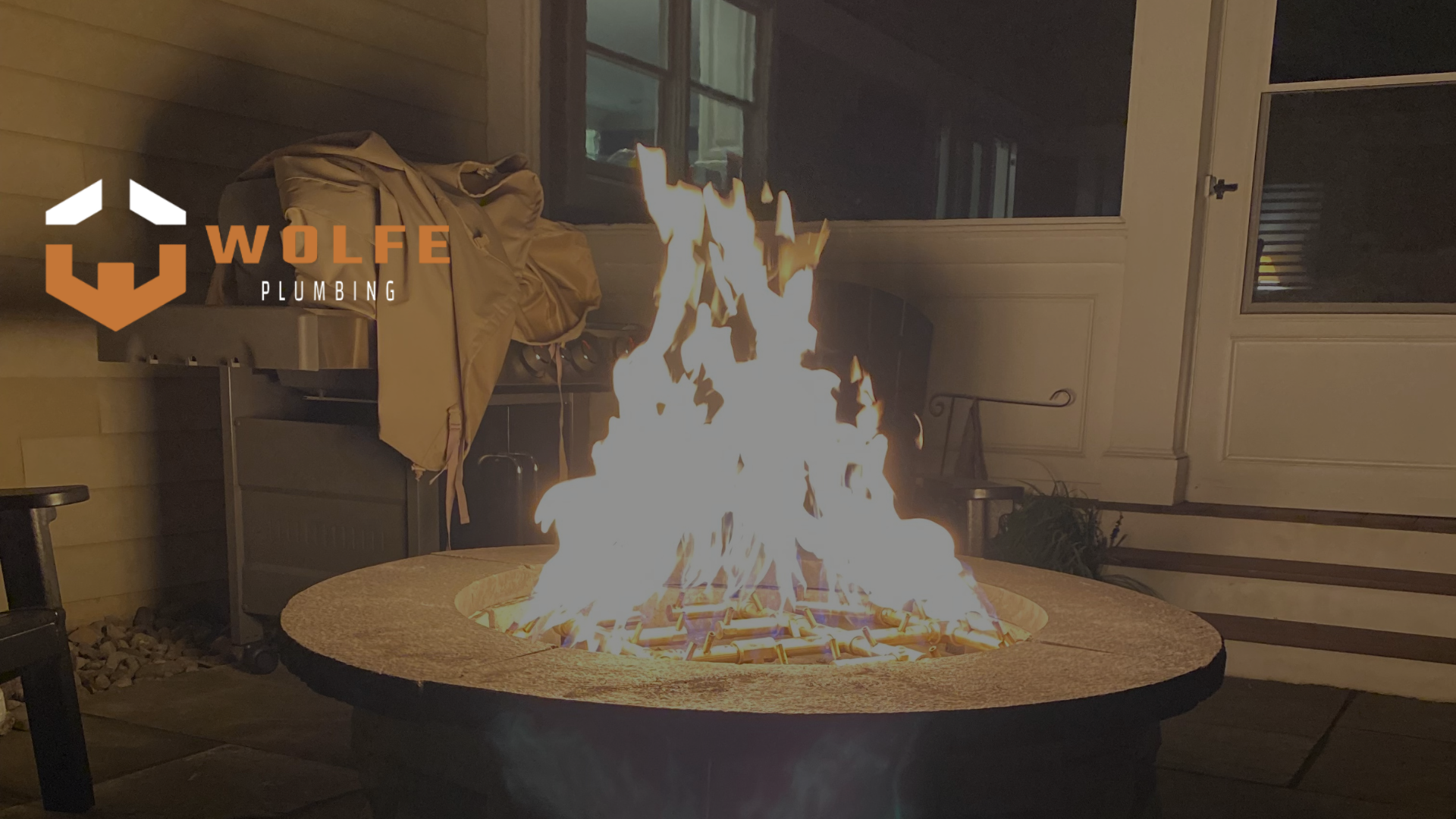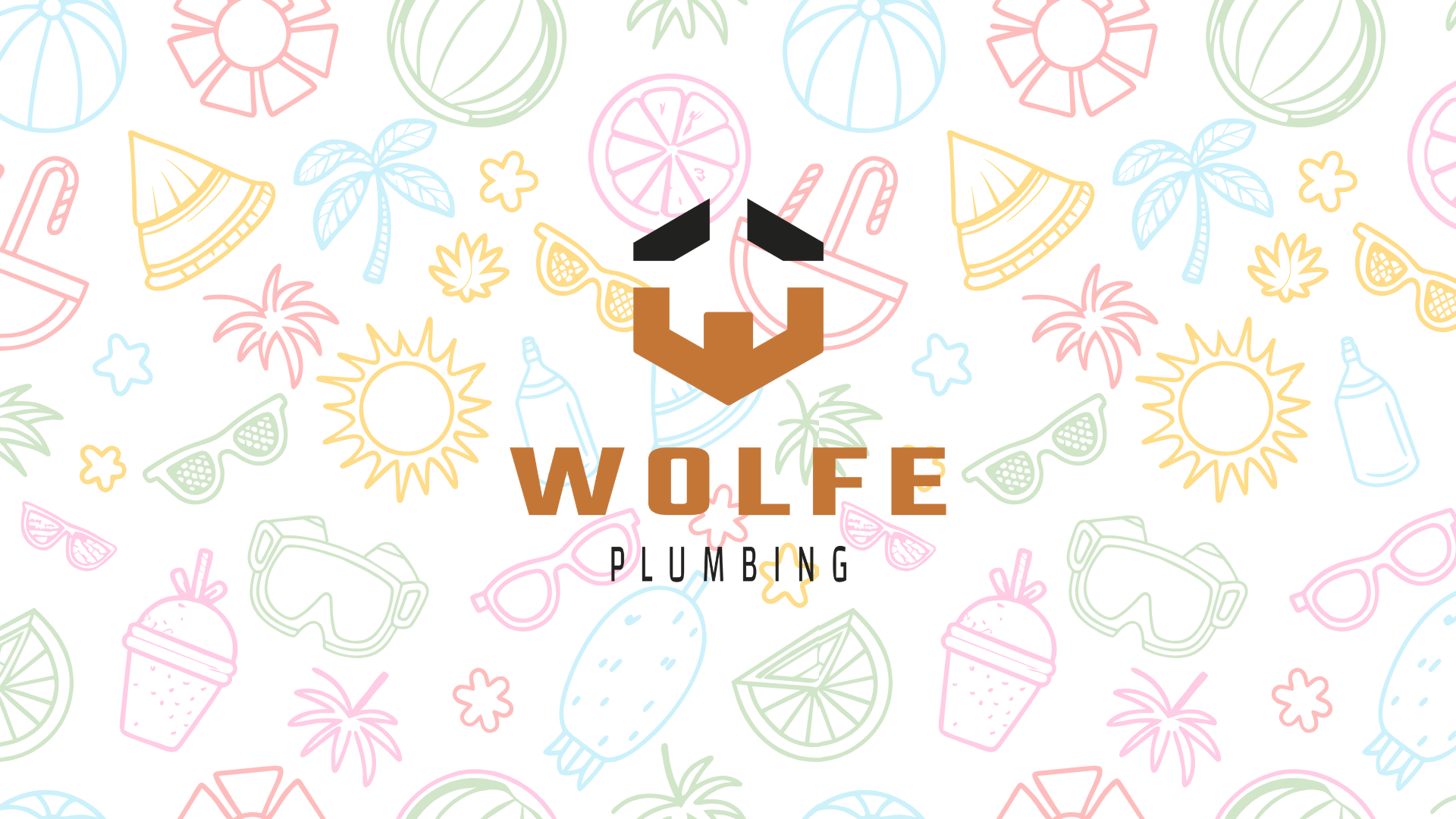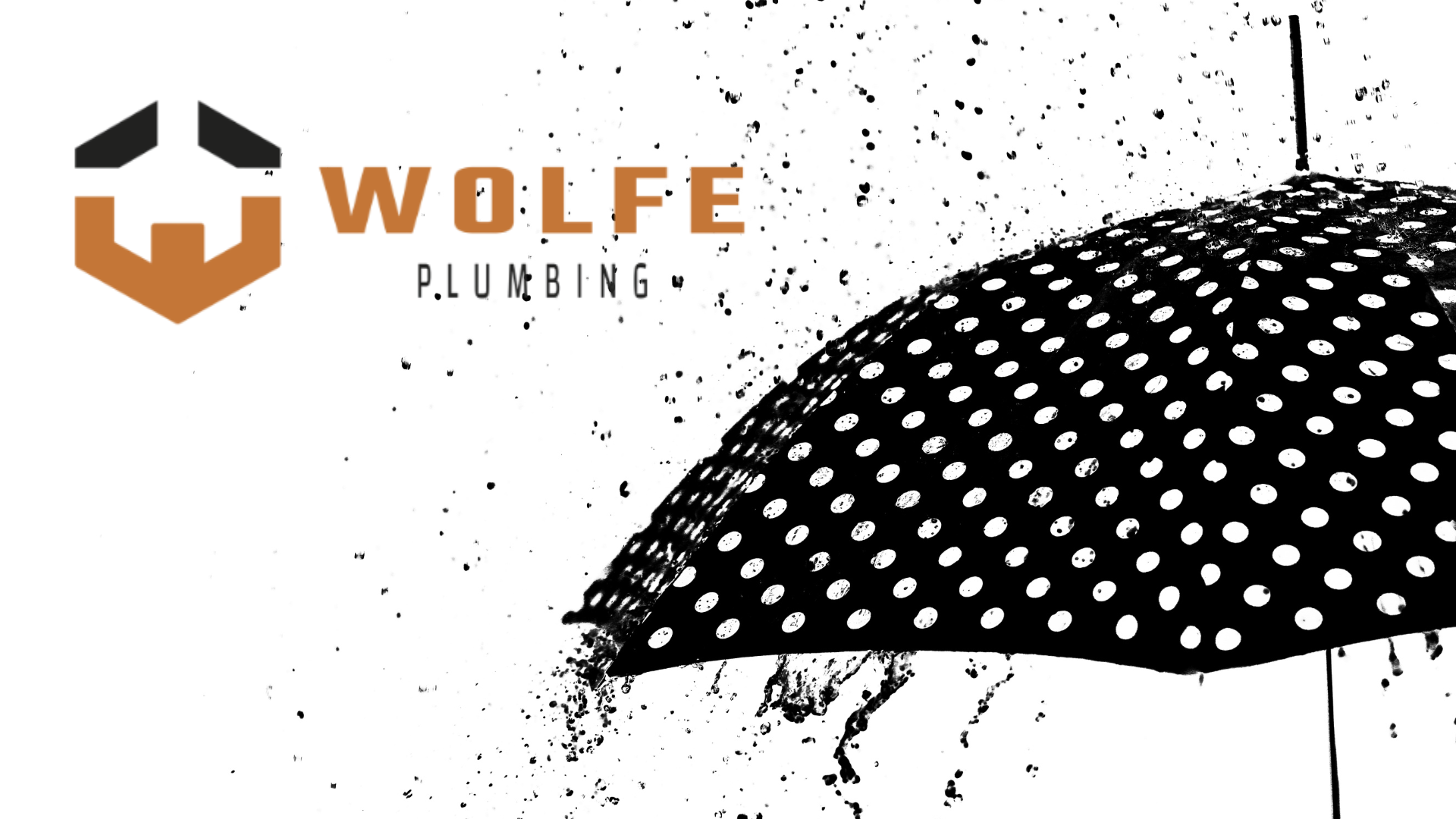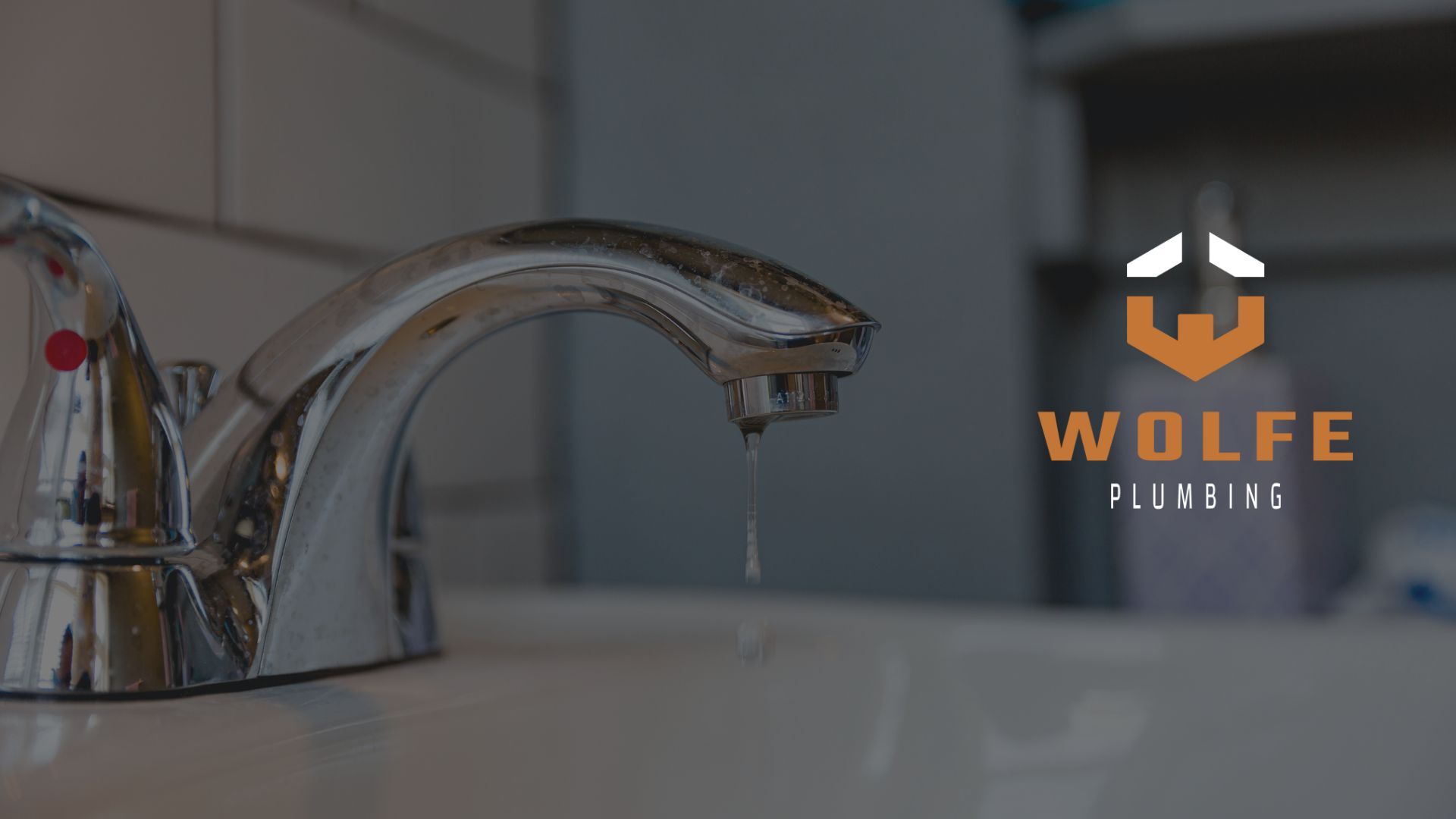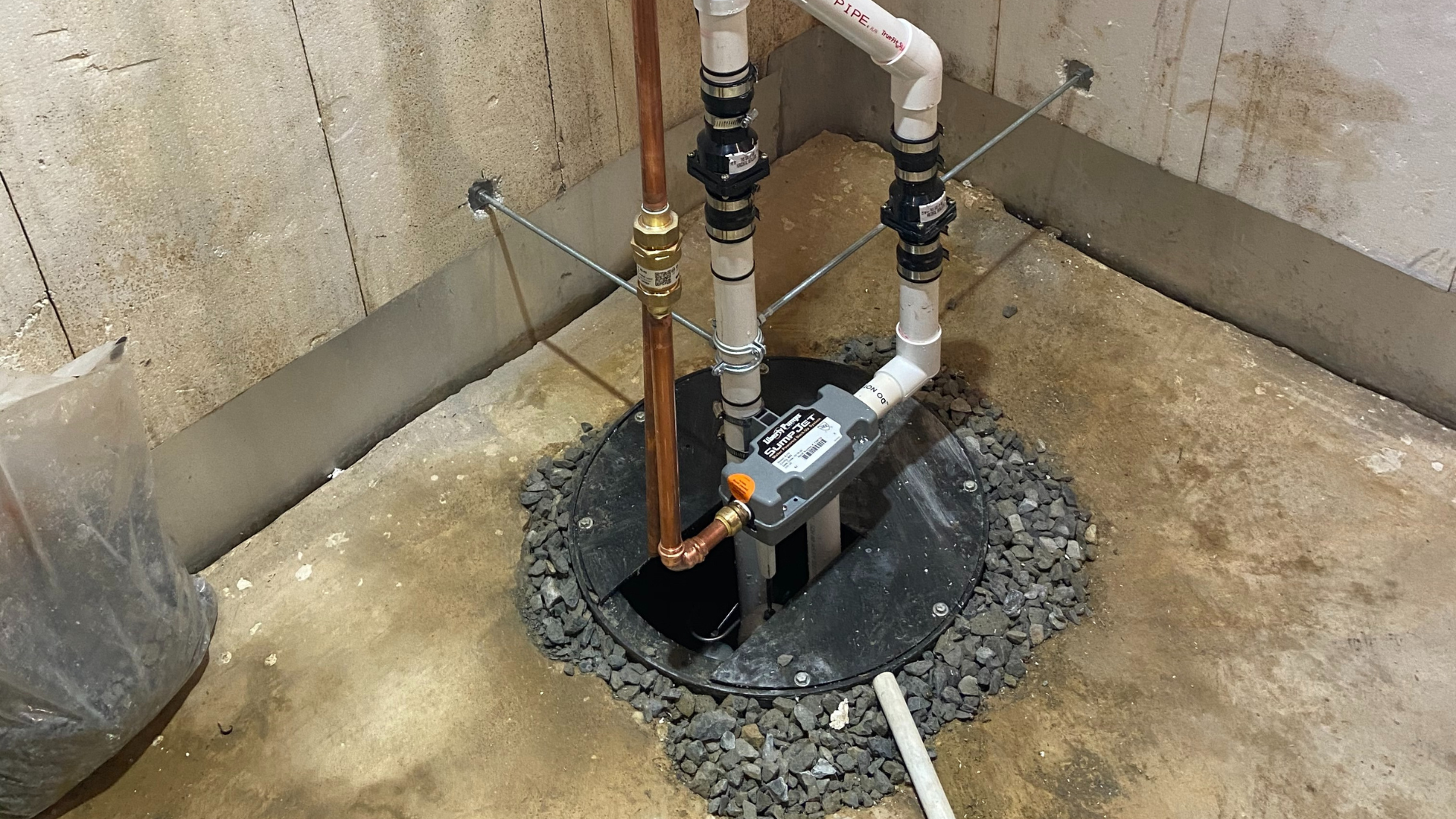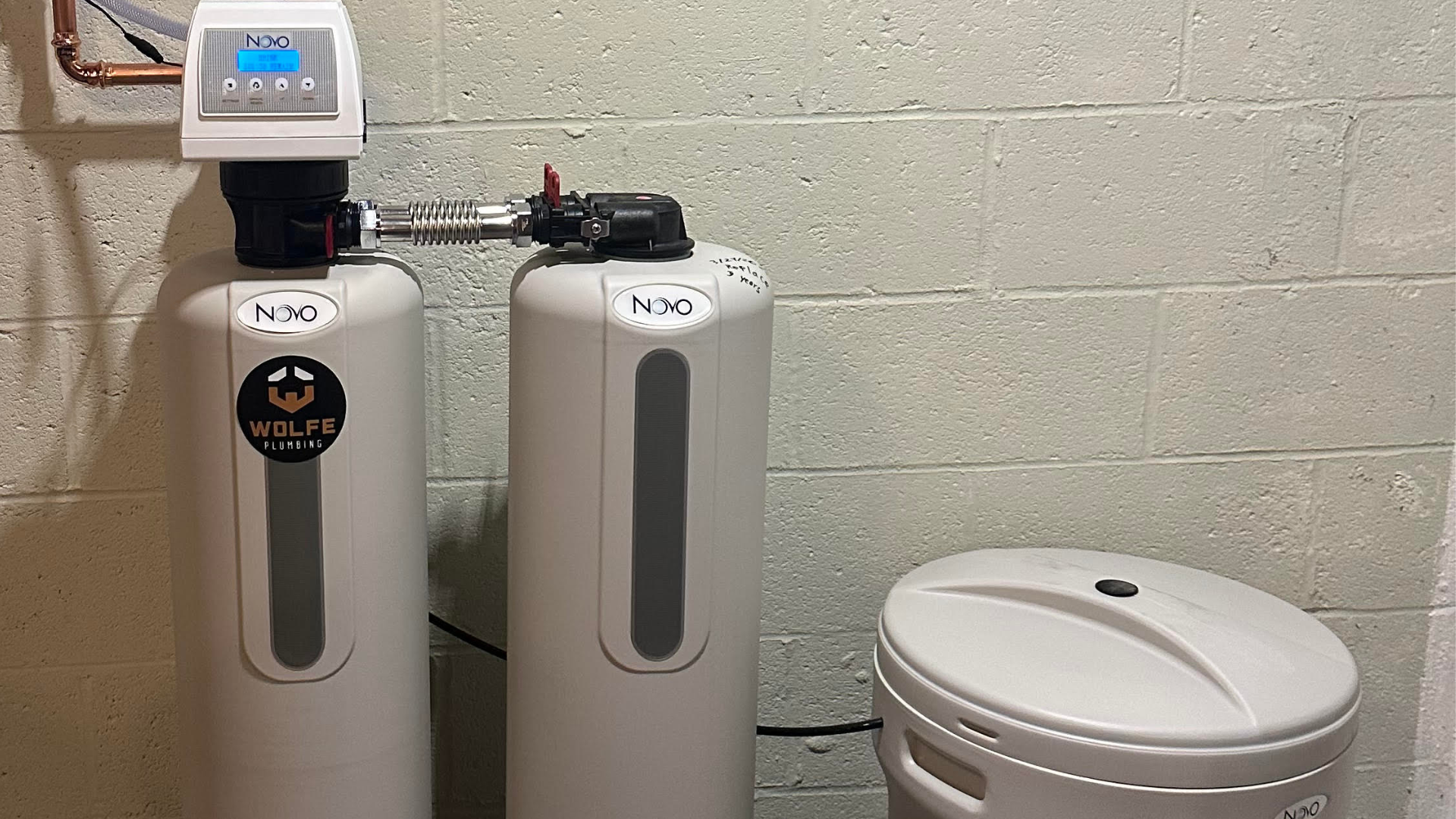Preparing Your Home Plumbing for Back-to-School Season
As the back-to-school season approaches, many families find themselves busy with shopping for supplies, organizing schedules, and adjusting to new routines. One important aspect that often gets overlooked is the state of your home’s plumbing. A smooth-running plumbing system can help ensure that your household transitions into the new school year without any unexpected disruptions. Here are some essential tips to prepare your home plumbing for the back-to-school season.
1. Check for Leaks
Before the hustle and bustle of the school year begins, take some time to inspect your home for any plumbing leaks. Leaky faucets, toilets, and showerheads can waste water and increase your utility bills. Fixing these small issues now can save you time and money later on.
Tip: Place a few drops of food coloring in the tank of your toilet. If the color seeps into the bowl without flushing, you have a leak that needs attention.
2. Inspect Water Heaters
As the school year starts, your water heater will likely see more usage, especially in the mornings. Check your water heater for any signs of wear or leaks. Consider flushing the tank to remove any sediment build-up, which can improve efficiency and extend the life of the heater.
Tip: If your water heater is over 10 years old, it might be time to consider a replacement. Newer models are more energy-efficient and can save on utility costs.
3. Clean Drains and Garbage Disposals
With busy mornings and packed evenings, the last thing you need is a clogged drain. Clean out your drains and garbage disposal to prevent any blockages. Use a mixture of baking soda and vinegar to naturally clean and deodorize your drains.
Tip: Avoid pouring grease down the drain and use a drain strainer to catch food particles.
4. Install Low-Flow Fixtures
With everyone rushing to get ready in the morning, your water usage is likely to spike. Installing low-flow showerheads and faucets can help conserve water without sacrificing water pressure. This can be a great way to reduce water bills and help the environment.
Tip: Look for WaterSense-labeled products for the best efficiency.
5. Educate the Family
Educate your family, especially the kids, on proper plumbing use. Teach them not to flush items like wipes, sanitary products, or paper towels down the toilet. Encourage them to report any leaks or drips they notice.
Tip: Create a simple guide or chart that lists what can and cannot be flushed or poured down the drain and place it in the bathroom or kitchen.
6. Plan for Emergencies
Despite your best efforts, plumbing emergencies can still happen. Make sure you know where the main water shut-off valve is located and how to use it. Keep the contact information of a reliable plumber handy in case of urgent issues.
Tip: Consider investing in a water alarm that can alert you to leaks or flooding before they cause significant damage.
Conclusion
Getting your home’s plumbing ready for the back-to-school season doesn’t have to be overwhelming. By taking a few proactive steps, you can prevent common plumbing issues and ensure that your household runs smoothly. Remember, a little maintenance now can save you a lot of hassle down the road.
Here’s to a successful and stress-free start to the new school year! If you have any questions or need professional plumbing services, don’t hesitate to contact us. We’re here to help!
